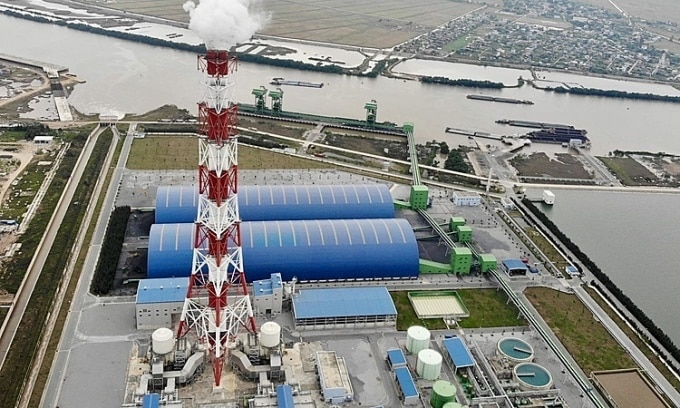Japan’s Mizuho Financial Group will provide financing to help close coal power plants ahead of schedule in Southeast Asia.
Mizuho now has tight restrictions on new financing for coal power facilities that prevent it from funding early shutdowns.
The company plans to change this policy in July to allow limited financing that helps operators move away from the carbon-intensive fuel. Other Japanese megabanks are considering such transition financing on a case-by-case basis.
Asian coal plants often are run via joint operating companies set up by multiple investors. These come with capital plans over a certain period of time that would be derailed by an early shutdown.
Mizuho will offer financing to help operators repay external loans taken to build these facilities or pay out promised dividends. Letting investors recoup their money ahead of schedule might encourage operators to close coal plants sooner.
The funding will carry conditions such as having recipients pledge to pivot to renewable or low-carbon energy projects.
Efforts are underway to accelerate coal plant closures in Indonesia. The capital needed can vary widely depending on the size of the facility and how early it is being closed, but the cost of shuttering a plant in Indonesia 10 to 15 years ahead of schedule has been estimated at up to US$300 million.
The United Nations has called for members of the Organization for Economic Co-operation and Development to phase out coal power by 2030, with other countries following by 2040.
According to Global Energy Monitor, OECD countries will cut down 70% of coal capacity within that time frame, and 6% of capacity outside the OECD.
Japanese banks have pledged to zero out their outstanding financing for coal projects by fiscal 2040. Mizuho cut its total domestic and foreign funding from JPY299.5 billion (US$19.1 million) at the end of fiscal 2019 to JPY235.5 billion at the end of fiscal 2022.



